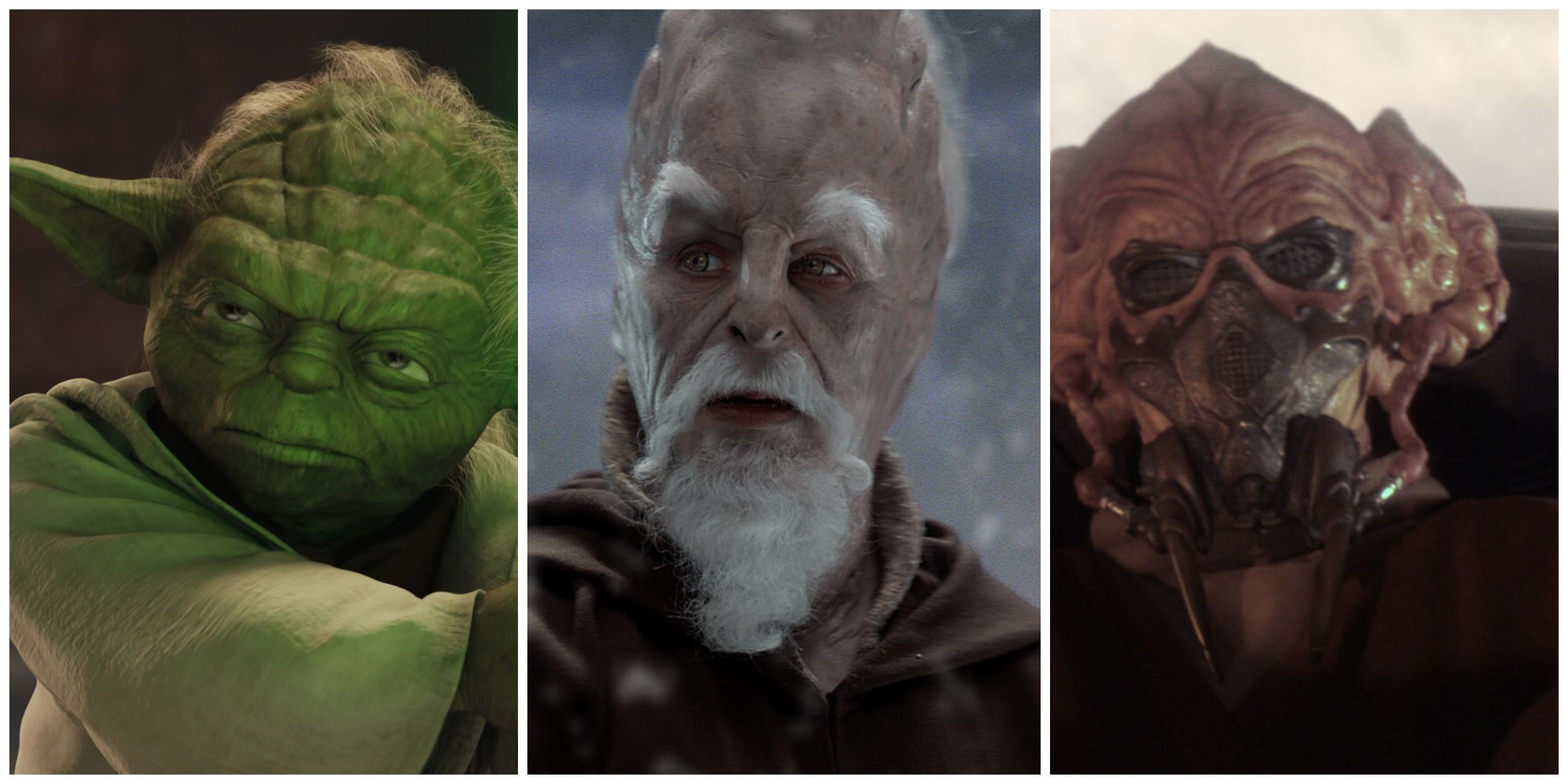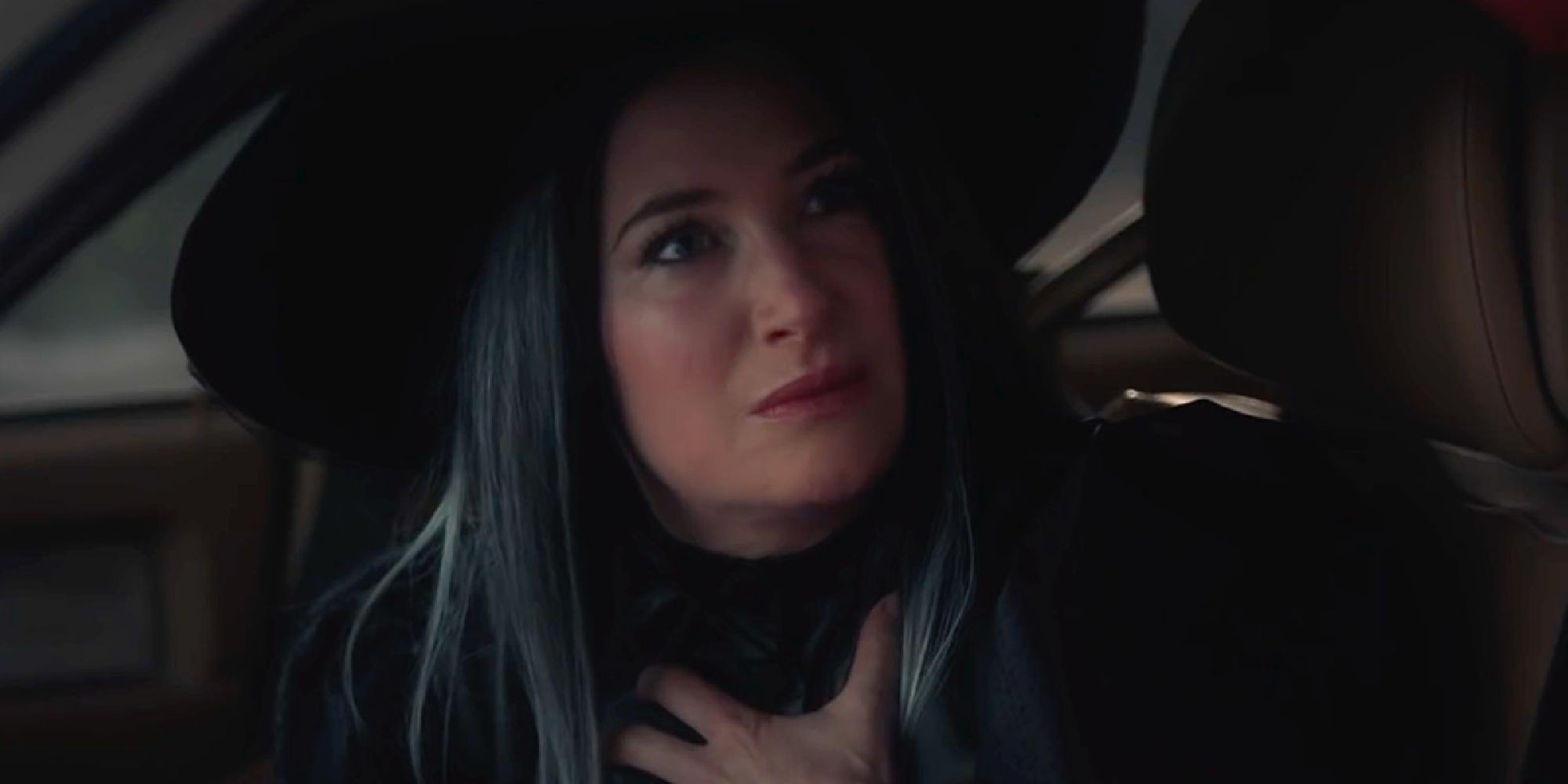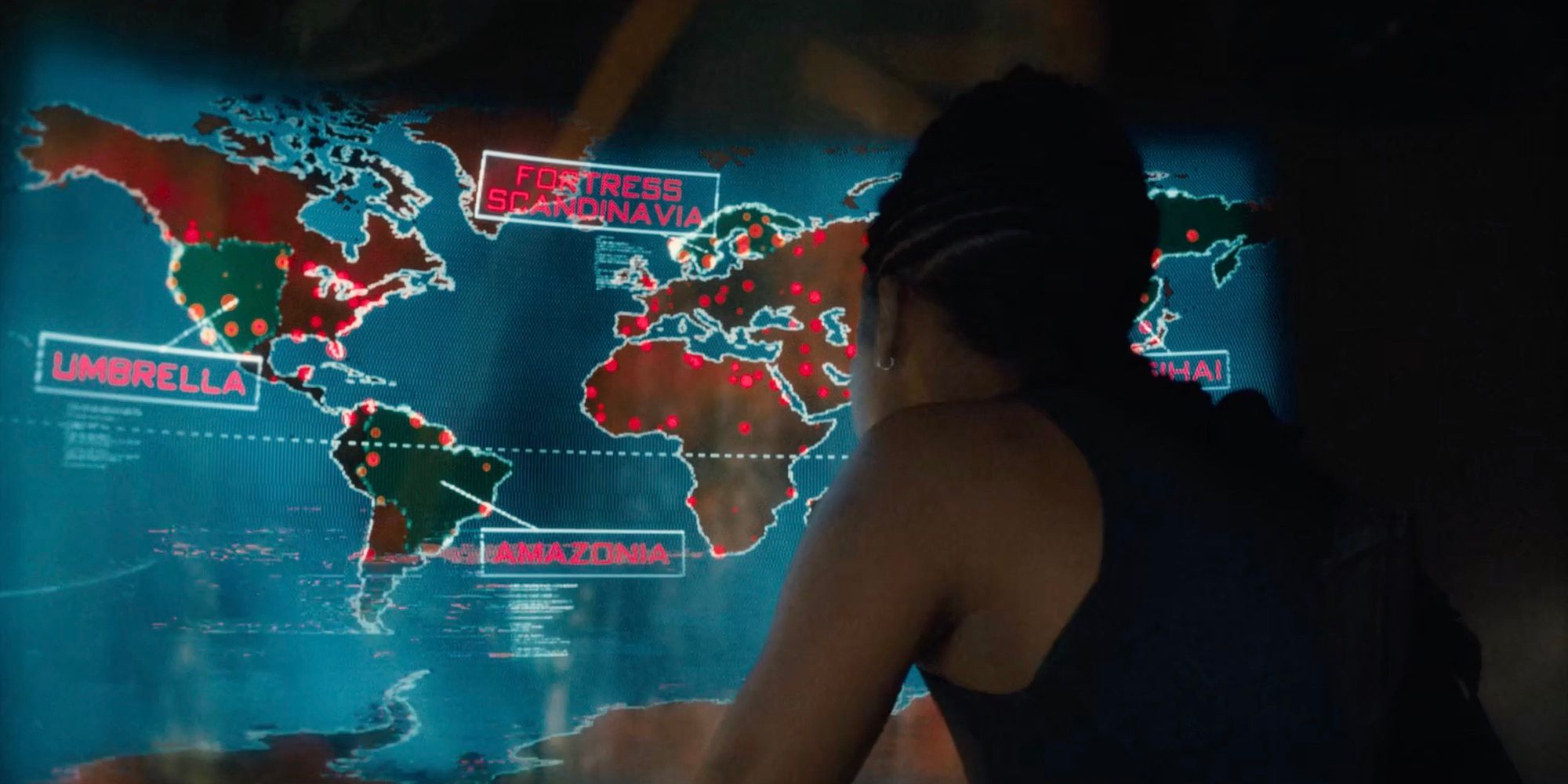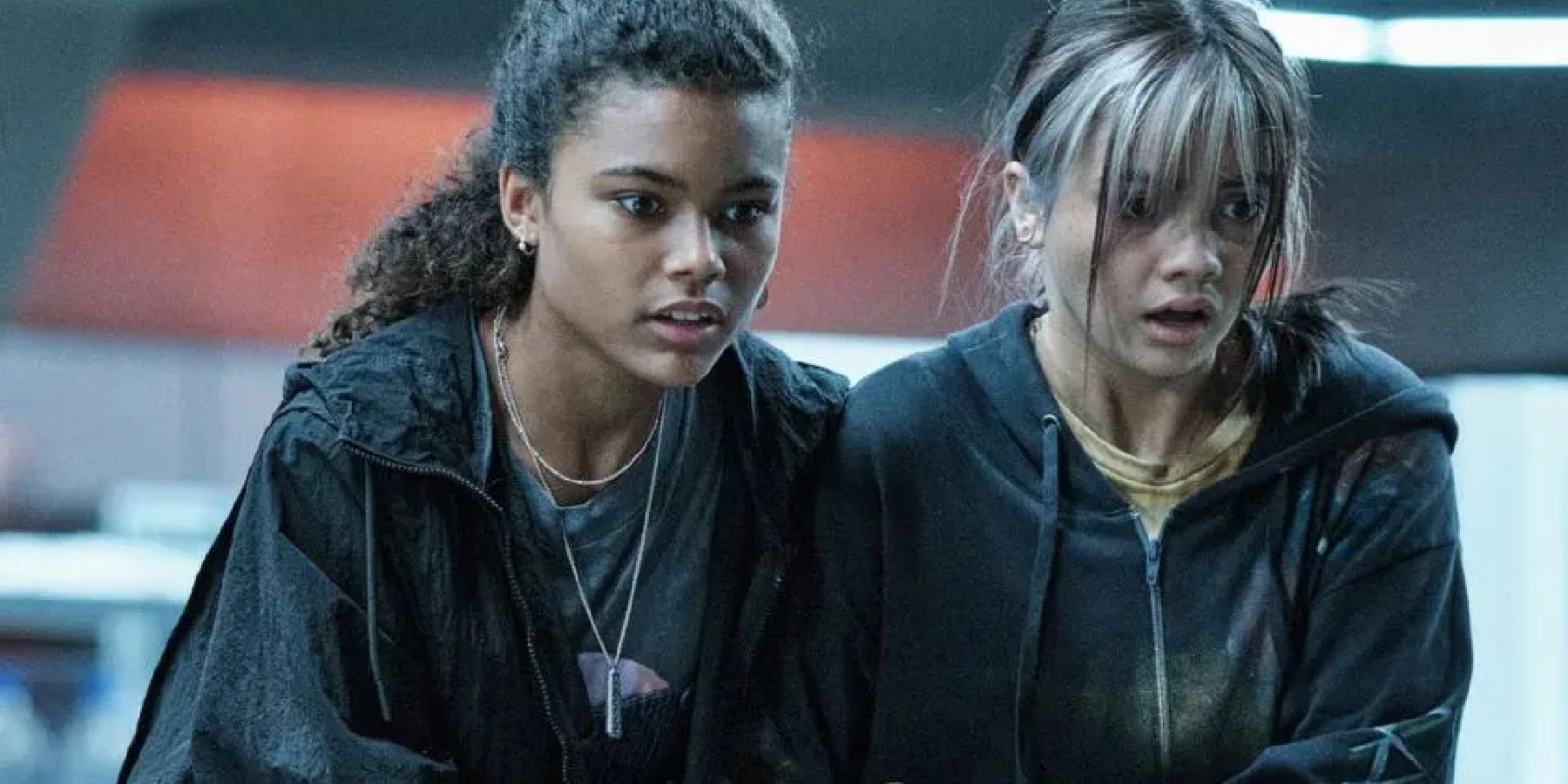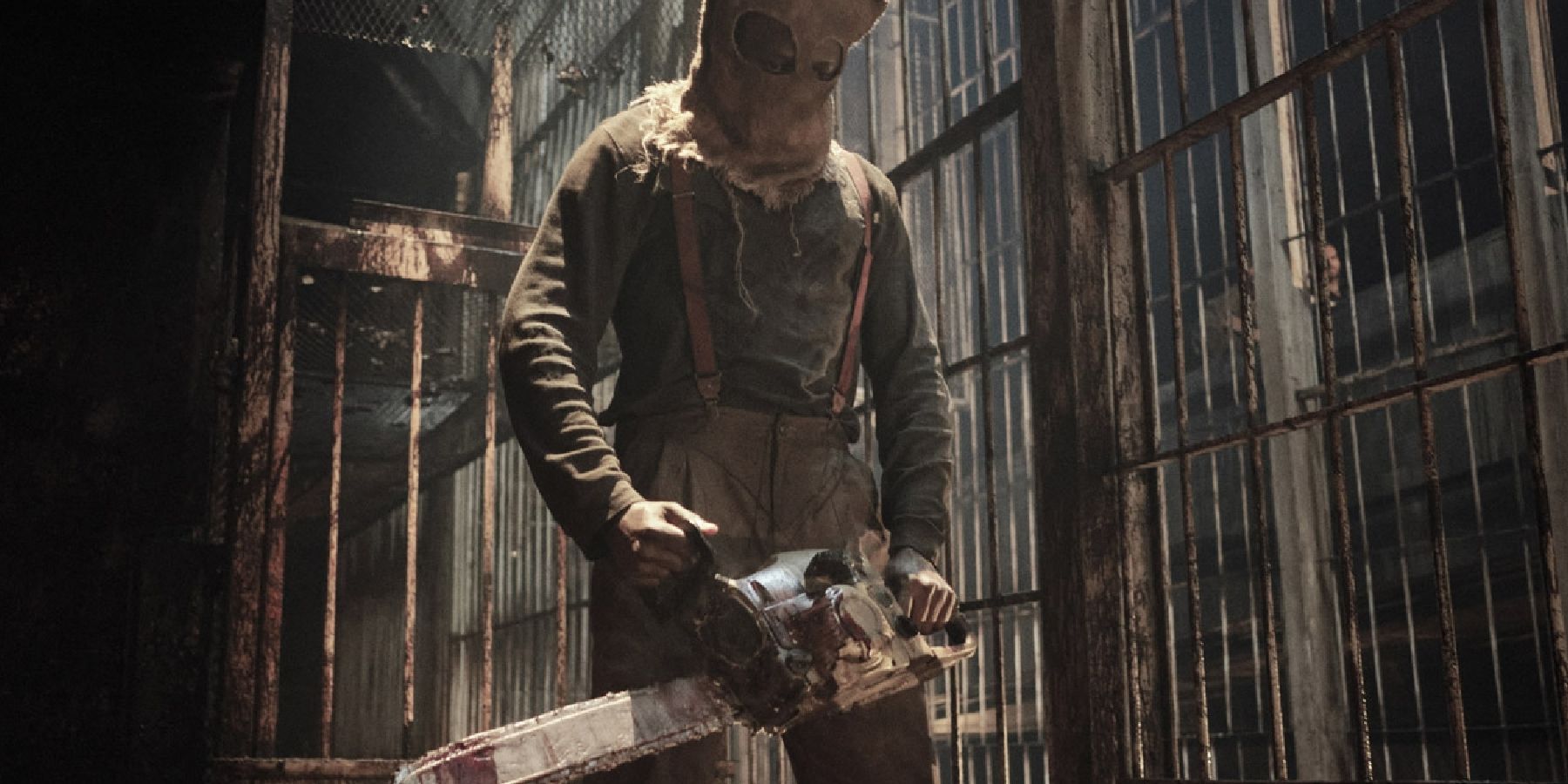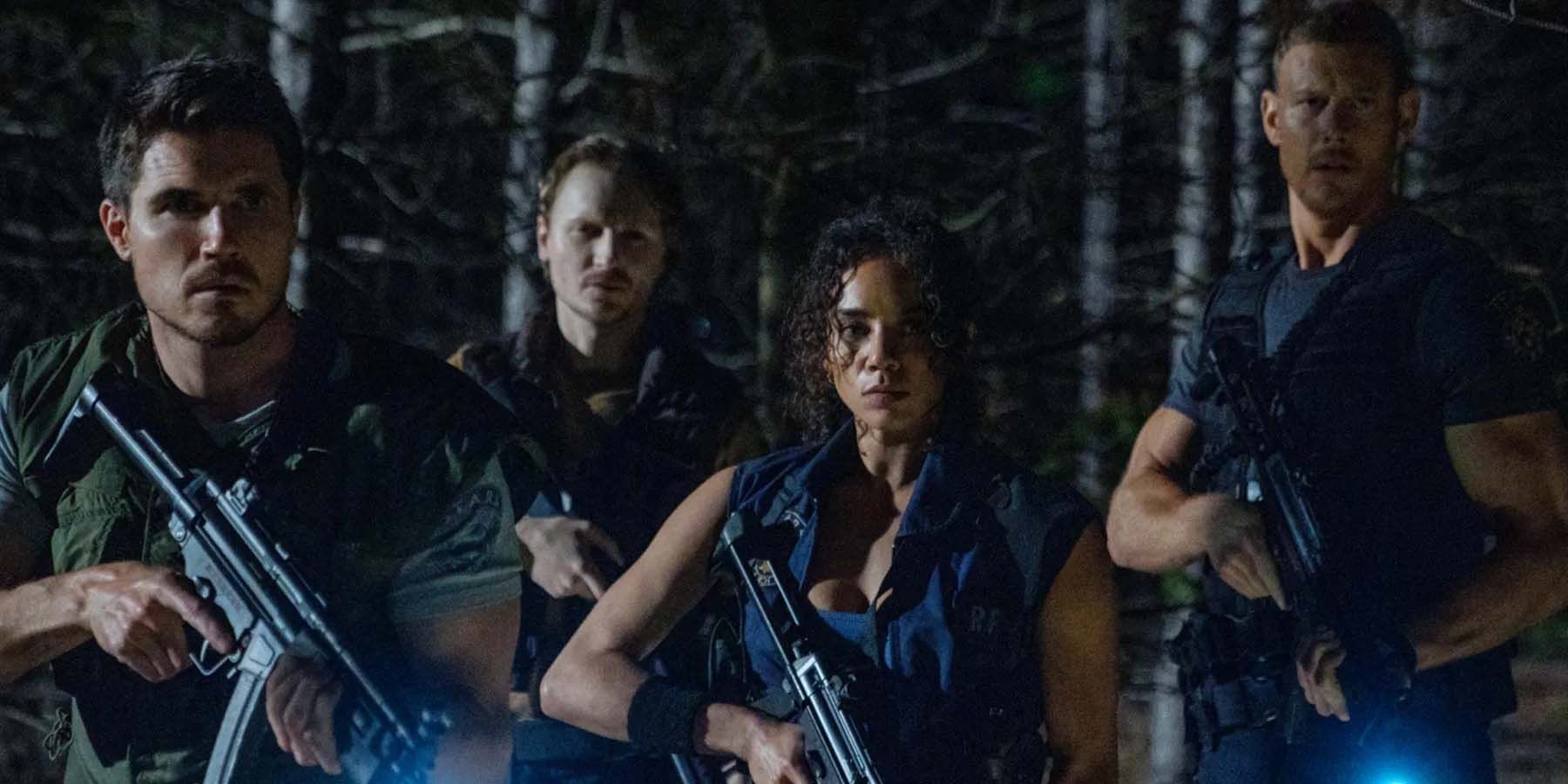Highlights
- Live-action adaptations of video game properties often fail, but fans shouldn't preemptively write them off without giving them a chance to establish their story.
- Netflix's Resident Evil series, although it made significant changes from the source material, remains faithful to the franchise's story and includes nods to the original games.
- The show's adaptation of the Resident Evil universe introduces new elements and characters while still incorporating the horror aspects that are crucial to the game's success.
Live-action adaptations of video game properties are notoriously known for overwhelmingly failing. There have been only a few exceptions and filmmakers have made numerous attempts with the Resident Evil franchise. Unfortunately, not many of them turn out successful. At least, they're typically nothing to write home about. With that said, it's likely that fans are quick to jump the gun and prematurely write off adaptations before giving them a chance to establish their story.
Netflix's Resident Evil series is one such example. Before the show premiered, fans proclaimed it a failure and not worth watching. Some of these fans maintained that stance even after the show got going. It's easy to write off an adaptation if it makes significant changes from the source material, but those changes aren't always necessarily a bad idea. Adaptations aren't required to be carbon copies of their source material. In fact, they shouldn't be. Fans vehemently against Netflix's Resident Evil series got it wrong.
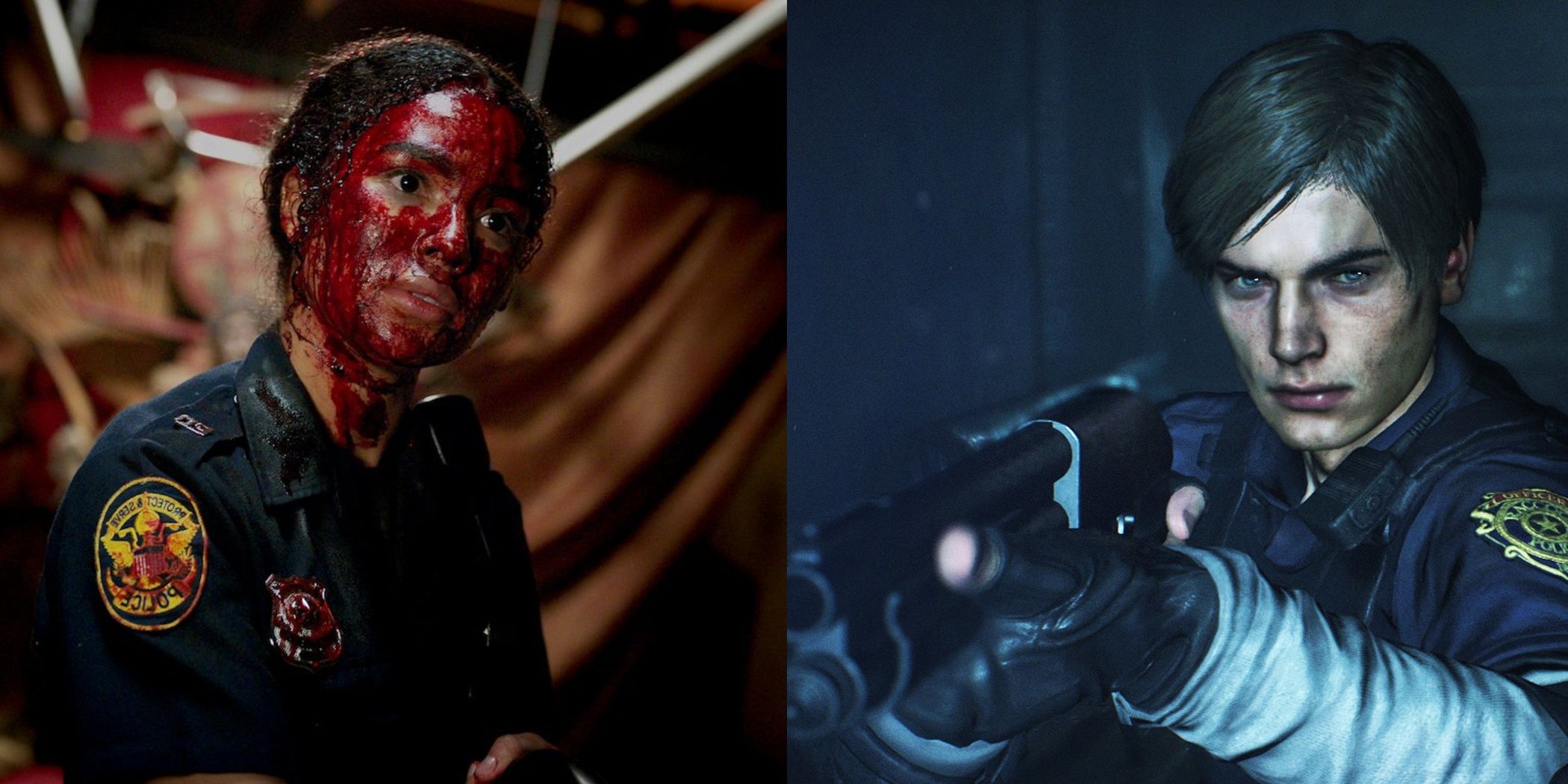
Resident Evil 2 Fans Should Check Out This Indie Horror Movie
Fans of violent action-horror set in a police station should look no further than Anthony DiBlasi's recent feature, Malum.
What Happened in Netflix's Resident Evil
Netflix's Resident Evil wastes no time establishing the show's world. However, it's a little different from the video games fans are familiar with as it bounces between two different periods of time. The initial period audiences experience is the year 2036, which sees Jade Wesker -yes, that Wesker- running around a post-apocalyptic setting overrun by zombies. Or, as the people of the series call them, Zeroes. Jade's job appears to be researching the Zeroes and finding out what makes them tick.
The other time period focuses on an era before the apocalypse, before Zeroes took over, following the whole Wesker family. Taking place 14 years prior, in 2022, Jade, her sister Billie, and their father Albert -yes, that Albert Wesker- move into their new home within New Raccoon City. It's a private community owned and operated by the famous Umbrella Corporation not too far from Cape Town, South Africa. The show performs quite the balancing act by jumping between the two girls, their dad, and the different time periods without giving one more focus than the other.
While Albert has a high-clearance position within Umbrella, giving audiences a glimpse of his work within the mega-corporation and how his character connects to the video game version, his daughters gradually discover different sinister operations Umbrella conducts. The show uses the past to inform the audience of the future along with the central mystery, which is how the outbreak occurred and what caused Jade and Billie's falling out.
Why Netflix's Resident Evil was Good
Netflix's Resident Evil is far from a perfect adaptation, but it had some quality points that actually make it one of the most faithful adaptations of the franchise. It wasn't a scene-by-scene copy-and-paste adaptation, which seems to be what many fans want from adaptations, but it was faithful to the source material. It kept the basis of the franchise's story intact with occasional nods to the original games. The very existence of the original Raccoon City and some sort of cover-up, for example, surfaces near the end of the season, cementing the show's place within some modified version of the Resident Evil continuity.
Do major fan-favorite characters like Chris Redfield, Leon Kennedy, or Jill Valentine show up? Unfortunately, no. The show's cancellation means they'll never show up, too. The show did a fantastic job incorporating events from the video games without using them as mindless fan service, so they might have made an appearance or two. The only major character from the games to appear was Albert Wesker, albeit a significantly different version of him. However, the late Lance Reddick played him, and he was wonderful. This show was very much about Albert and his family, giving fans a different perspective on the events of Resident Evil.
While other Resident Evil adaptations heavily focused on the zombies created by the T-virus, Netflix's version took it a step further and showed the audience other abominations created by Umbrella's concoctions. Jade fled from a giant centipede in the premiere episode, something not seen in any other live-action adaptations. It's also a subtle nod to the boss in Resident Evil 0. Netflix's attempt at a Resident Evil TV series wasn't immaculate, but it had a lot of potential that needed some time to be proven.
Will There Ever Be a Successful Resident Evil Adaptation?
Unfortunately, no matter how many attempts filmmakers make with the Resident Evil franchise, they can't seem to nail down an adaptation that excites the fandom. The closest a movie came was Paul W.S. Anderson's Resident Evil starring Milla Jovovich. It took some significant liberties but managed to remain successful enough to spawn five sequels. It was kind of the Fast and the Furious of video game adaptations, heavily focusing on action and less on the quality of plot, themes, and characterization.
Then there was Resident Evil: Welcome to Raccoon City, which promised to be a loyal adaptation. It came close. It gave fans a good look at Raccoon City while developing each character fairly thoroughly. However, it failed in its portrayal of the characters. It gave some of them the same motives from the games but changed their backgrounds. Or it completely missed the mark entirely by having characters not behave how the games established them. It felt like the writer/director wanted to create their own story while using Resident Evil as a backdrop.
A solid Resident Evil adaptation needs to lean in on the horror aspects of the game and focus less on action. Anderson's first movie taking place tangentially with the first and second games was a unique approach that might honestly be the answer to a successful adaptation if it wants to use original characters.

